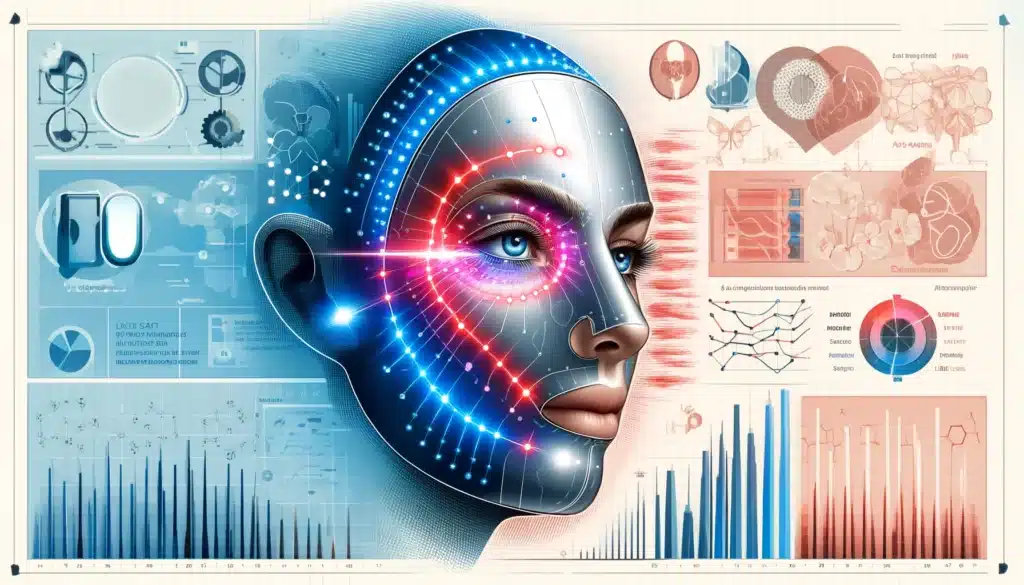
In the evolving landscape of aesthetic medicine, one term increasingly finds itself at the forefront of innovative beauty treatments: biohacking. Specifically, the use of exosome technology in skin care represents a cutting-edge approach, merging biotechnology with beauty regimens to potentially transform skin health and rejuvenation.
Understanding Exosomes in Beauty Science
Exosomes are nanoscale vesicles that cells release to communicate with each other. These particles are not cells themselves but act as carriers for proteins and genetic material between cells, playing crucial roles in cellular functions, including tissue repair and inflammation reduction. Their ability to facilitate such communication makes them a prime focus in regenerative medicine, particularly for enhancing skin health and appearance.
“Exosomes have garnered attention for their role in reducing inflammation and accelerating the regeneration of skin cells,” explains Dr. Yazan Ajam, a noted researcher in dermatological science. “Their impact on collagen and elastin production is particularly significant, not only speeding up the recovery process but also enhancing the overall resilience and appearance of the skin.”
Clinical Applications and Innovations
The practical application of exosomes in aesthetic treatments varies, from simple topical applications to integration with more invasive procedures like microneedling or laser therapies. Tariq Karim, a specialist in non-invasive aesthetic treatments, points out, “Using exosomes in conjunction with procedures like microneedling can significantly amplify the treatment’s effectiveness, delivering exosomes directly into the skin where they can be most beneficial.”
Dr. Ajam adds, “What’s particularly exciting is the diverse source of these exosomes, ranging from plants to marine and bovine sources, each having unique properties that might synergize differently with human skin.”
The Science Behind Exosome Efficacy
While exosomes are promising, their effectiveness and safety continue to be explored through clinical trials and scientific studies. “The potential of exosomes to improve skin health dramatically is there, but it’s crucial that their use is backed by solid clinical evidence and understanding of their biological impact,” Karim emphasizes.
Both experts agree on the importance of rigorous testing and regulatory compliance, especially given the rapid pace of development in exosome technologies. “It’s vital to ensure that these innovations not only deliver on their promises but do so in a way that is safe and sustainable,” Dr. Ajam notes.
The Future of Exosomes in Aesthetic Medicine
As research progresses, the potential for exosome technology in cosmetic treatments looks promising. The ability to biohack the skin’s aging process could revolutionize how we approach beauty and skincare, making age defiance more science than fiction.
However, as Karim cautions, “The journey is as important as the destination. Ensuring the ethical sourcing of exosomes and understanding their long-term effects are paramount to integrating them into aesthetic practice responsibly.”
This scientific approach to beauty, focusing on the biological processes at the cellular level, highlights a future where beauty treatments are as much about health and function as they are about aesthetics. As the field grows, staying informed and critical will be key to navigating the future of beauty biohacking.
